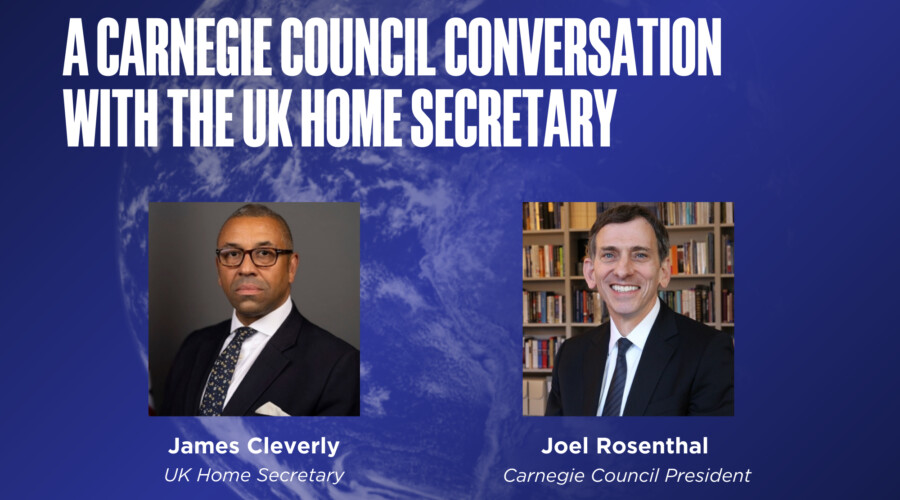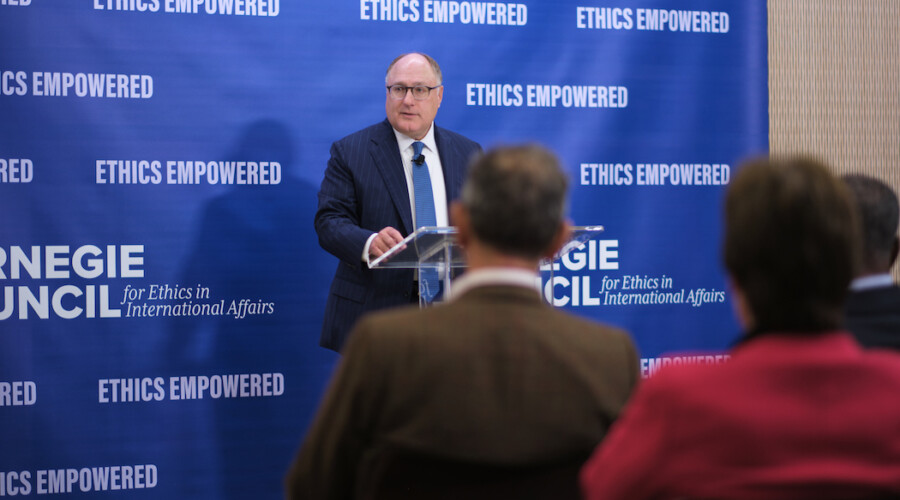To become ethical, must behavior be grounded in a religious faith or other system of belief? How do we judge the behavior of states and people?
While most people believe they are acting correctly, at the same time they often act expediently out of pure self-interest. They delude themselves.
Does this, then, require an external standard? Must you adhere to a religious faith to become ethical, or must you ground your behavior in a system of belief?
Four systems are often presented as bases for judgment: 1. adhering to a set of rules or duties; 2. focusing on the consequences of your actions; 3. emphasizing the intrinsic character of actors; and 4. faith, accepting a higher power.
All of these imply conscious attempts to lead an ethical life, to act well. All can apply to states.
But do they have to be thought out? Can't we just live, one-step-at-a-time; see-what-tomorrow-brings? Aren't we often better off being spontaneous, just do it?
Perhaps! After all, states and individuals are encased by upbringing, culture, heritage, and institutions which provide implicit systems guiding behavior.
What do you think? Do states or people need to embrace a system? Do we need to make conscious choices? How do we know when we've been bad?
To post a comment, go to the Global Ethics Corner slideshow.


